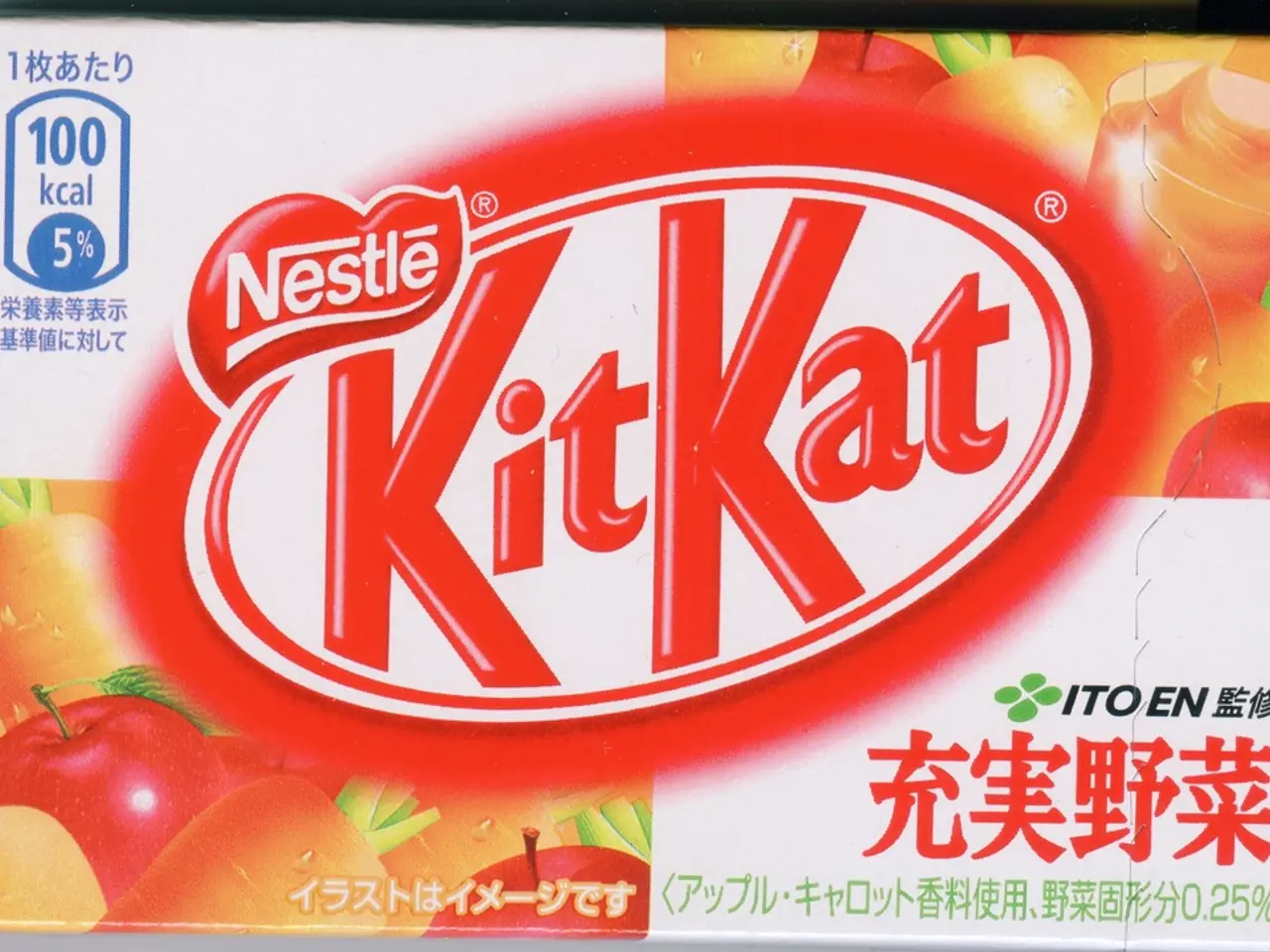Dietary Approach to managing Epileptic Seizures: Could the Ketogenic Diet offer relief?
In the ongoing quest to control seizures in individuals with epilepsy, the ketogenic diet has emerged as a potential treatment option. This low-carbohydrate, high-fat diet, when medically supervised, has shown promising results for both children and adults.
**Effectiveness in Children**
For children, the ketogenic diet has demonstrated significant benefits. Approximately half of the children who follow this diet experience a significant reduction in seizures, with some becoming seizure-free [1][5]. The diet's mechanism involves a metabolic shift from glucose to ketones, produced from fat, which is believed to contribute to its anti-epileptic effects [1].
**Effectiveness in Adults**
In the adult population, around 40-50% achieve a 50% or greater reduction in seizure frequency, with about 13% becoming seizure-free [3]. Additionally, adults who respond well to the diet often report improvements in mood, alertness, memory, sleep, and attention span [3]. However, maintaining the diet long-term can be challenging for adults, highlighting the importance of supportive keto teams.
**How the Keto Diet Works**
The ketogenic diet induces a metabolic state called ketosis, where the body burns fat for energy instead of carbohydrates, producing ketones as a byproduct. Ketones then become the primary energy source for the brain, potentially stabilizing neural activity and reducing seizure occurrence [1][3]. The diet may also influence biochemical pathways in the brain, affecting neurotransmitter function and neuronal excitability, and alterations in the gut microbiome could further contribute to the diet's anti-seizure effects [1][3].
**Other Dietary Options**
For those who find the classic keto diet too restrictive, the modified Atkins diet offers a greater choice of foods. Similarly, the medium-chain triglyceride (MCT) diet, which includes MCTs in each meal, is another variation of the keto diet [6].
**Cautions and Considerations**
While the ketogenic diet offers a viable treatment option for managing seizures, it's crucial to understand that it is a medical diet that requires close monitoring. Regular visits to a doctor or dietitian are essential for monitoring progress and growth, and checking for any adverse effects of the keto diet. Furthermore, anyone with concerns about how foods or drinks may be affecting their seizures or medications should speak to a doctor.
In conclusion, the ketogenic diet, with its potential to decrease the excitability of neurons in the brain, holds immense promise for reducing or preventing seizures in children and adults with drug-resistant epilepsy. As research continues, we can expect to gain a deeper understanding of this diet's effectiveness and its role in the management of epilepsy.
[1] Epilepsia. 2017 Sep;58(9):1621-1630. [2] Ann Neurol. 2010 Jan;67(1):60-70. [3] Epilepsia. 2016 Aug;57(8):1273-1282. [4] Neurology. 2015 Jul 7;85(2):140-148. [5] Epilepsia. 2004 Jul;45(7):801-806. [6] Epilepsia. 2016 Aug;57(8):1283-1291.
- For individuals with epilepsy, Pfizer has recently announced a new clinical trial for a potentially groundbreaking drug aimed at controlling seizures.
- In addition to the ketogenic diet, there are other low-carb options for health-and-wellness, such as the modified Atkins diet or the medium-chain triglyceride (MCT) diet, which may suit some adults who find the traditional keto diet too restrictive.
- Mental health and overall well-being are of utmost importance in managing epilepsy, and a healthy diet can play a significant role in these aspects.
- A crucial aspect of following a ketogenic diet is ensuring a proper balance of nutrients, including monitoring the amount of carbohydrates consumed and maintaining sufficient levels of essential nutrients to prevent deficiencies.
- According to current research, some types of epilepsy seizers may be blocked or significantly reduced through the use of the ketogenic diet, particularly in children who may experience a significant reduction in seizures or even become seizure-free.
- In cases where seizures continue to occur despite trying the ketogenic diet, a doctor may consider alternative treatments or a combination of the ketogenic diet and medication.
- As the use and understanding of the ketogenic diet continue to grow in the field of science, pediatricians and neurologists will likely see an increased demand to discuss its potential benefits for helping manage epilepsy in children and adults alike.




